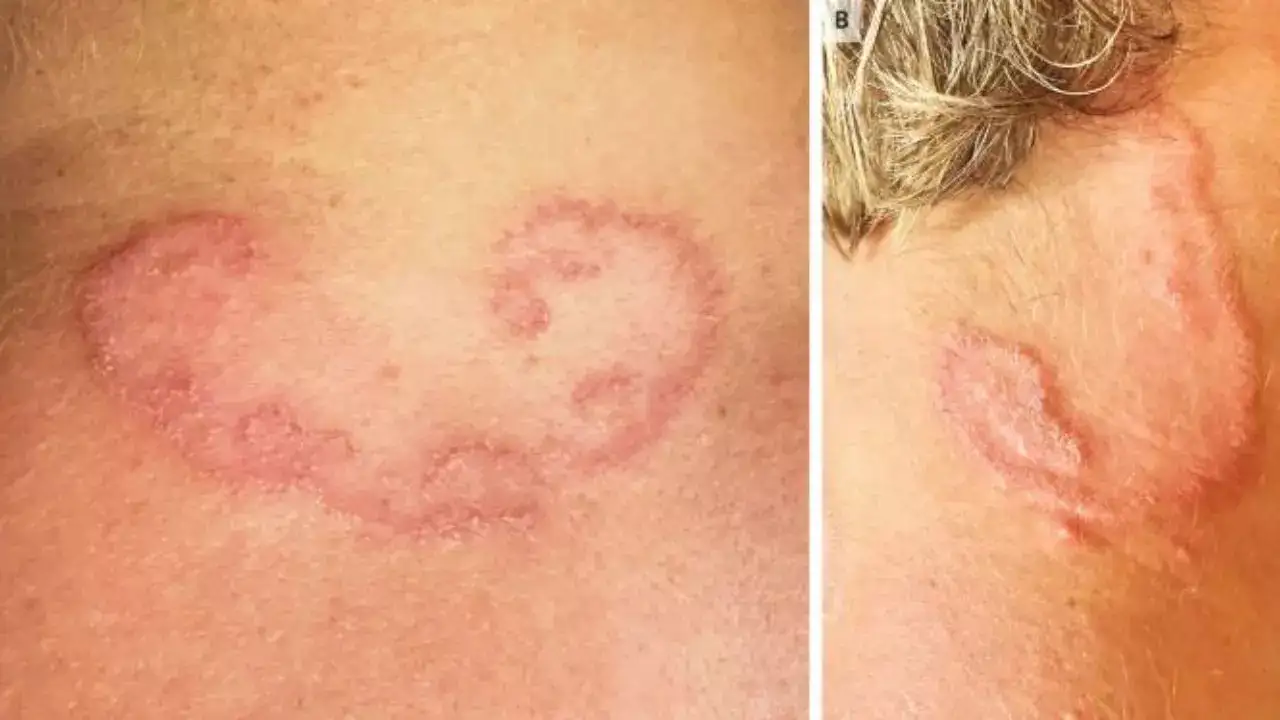
DiYES International School – Severe Worm Infection often goes unnoticed until it reaches a critical stage. Many parents may ignore subtle signs, mistaking them for common childhood discomfort. Children become vulnerable to various parasites due to poor hygiene or contaminated food and water. These worms can grow rapidly inside the intestines, leading to multiple health complications. Fatigue, irritability, and appetite loss are among the earliest symptoms. If not addressed early, these parasites can weaken the immune system and impair growth. Regular deworming is recommended by health experts, especially in regions with high exposure. Infestations tend to escalate quickly when left untreated. Routine health checks should be done to catch the issue before it worsens. Parents must be vigilant and proactive in safeguarding their child’s health. Ignoring the warning signs may result in long-term consequences. Knowing what to look for is the first line of defense against this silent health risk.
Severe Worm Infection symptoms often begin subtly before turning serious. Children may start complaining of frequent stomachaches or show sudden weight loss. These signs may seem unthreatening at first, yet they should not be dismissed. One common indicator is persistent itching in the anal area, usually caused by pinworms. Severe cases may lead to vomiting, diarrhea, and visible worms in stool. Anemia becomes a risk as worms absorb essential nutrients from the body.
Children might also feel constant fatigue and lose concentration in school. A bloated stomach and changes in appetite are telltale signals. In certain cases, worms may migrate to other organs, causing more complications. Parents should monitor their children closely and seek medical help when patterns appear. Education on hygiene plays a vital role in prevention. Severe Worm Infection is not just uncomfortable, but also dangerous if allowed to advance unchecked. Medical professionals emphasize early detection to avoid irreversible effects on growth and development.
“Read about: Speech Delay in Toddlers: Harmless Phase or Serious Problem? Find Out Now!”
Children become infected with worms mainly through ingestion or contact with contaminated environments. Dirty hands, unwashed vegetables, or infected water are common sources. Kids who play barefoot in soil run a higher risk of exposure. Worm eggs may cling to toys, fingernails, or undergarments, easily finding a way into a child’s mouth. Personal hygiene is often neglected by younger children, increasing vulnerability. Open defecation in rural areas continues to contribute to spreading these parasites. In schools or daycare centers, one infected child can quickly affect others. Pets, especially dogs or cats, may carry worm eggs on their fur. Lack of access to clean toilets and proper sanitation intensifies the issue. It is essential to educate both children and caregivers about the importance of cleanliness. Prevention must start at home and continue in public settings. Good hygiene practices help limit the spread of worms and protect the health of entire communities.
“Read more: Unbalanced Garage Door? Don’t Call a Pro Until You Read These Genius Tips”
The best way to manage worm infestation is through a mix of prevention and timely treatment. Parents should ensure that children wash their hands regularly using soap and clean water. Boiling drinking water and washing raw food thoroughly minimizes the risk. Children should wear footwear when playing outside, especially on soil. Monthly trimming of fingernails helps reduce the chance of transferring worm eggs into the mouth.
Regular deworming as advised by health authorities provides another line of defense. Clean toilets and proper waste disposal play a big role in public health. Parents must stay informed and alert for symptoms. Early diagnosis enables faster treatment and recovery. Pediatricians may prescribe safe and effective medication depending on the type of worm involved. Good nutrition strengthens the immune system to fight off infections. Schools and daycare centers should enforce hygiene rules. Regular community education programs are essential to raise awareness. Consistent action creates lasting protection for vulnerable children.
Medical attention should never be delayed when Severe Worm Infection symptoms appear. Ignoring signs may allow the parasites to cause more internal damage. Early treatment shortens recovery time and prevents complications. A healthcare provider will perform stool analysis and recommend proper medication. Parents must follow dosage instructions carefully to ensure effectiveness. Multiple treatments may be needed in severe infestations.
Monitoring progress is important to prevent reinfection. Children must be kept away from infected environments until fully recovered. Hydration and rest support the healing process. Keeping a close watch on family hygiene habits reduces further exposure. Public health campaigns play a key role in spreading awareness. Trust between parents and medical professionals enhances health outcomes. Recognizing the gravity of Severe Worm Infection encourages prompt and informed responses. Access to affordable healthcare should be improved to treat all children effectively. Prevention, awareness, and timely care are crucial in defeating this dangerous but preventable illness.